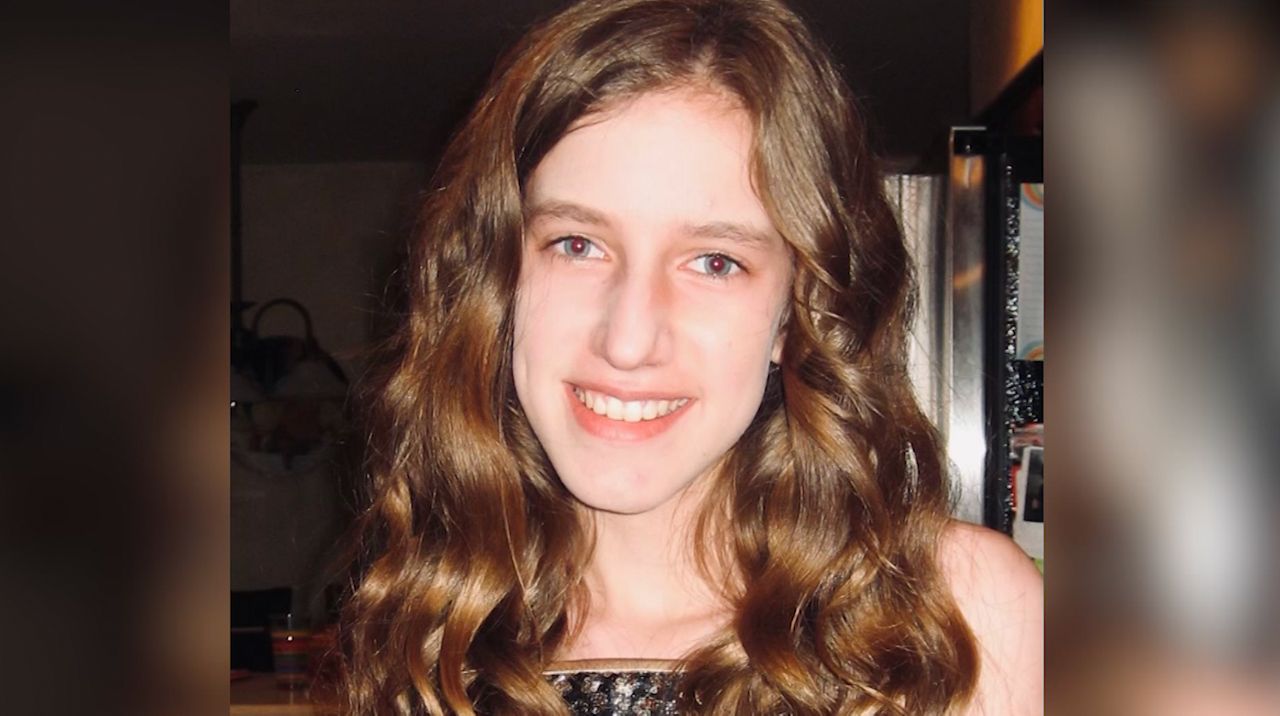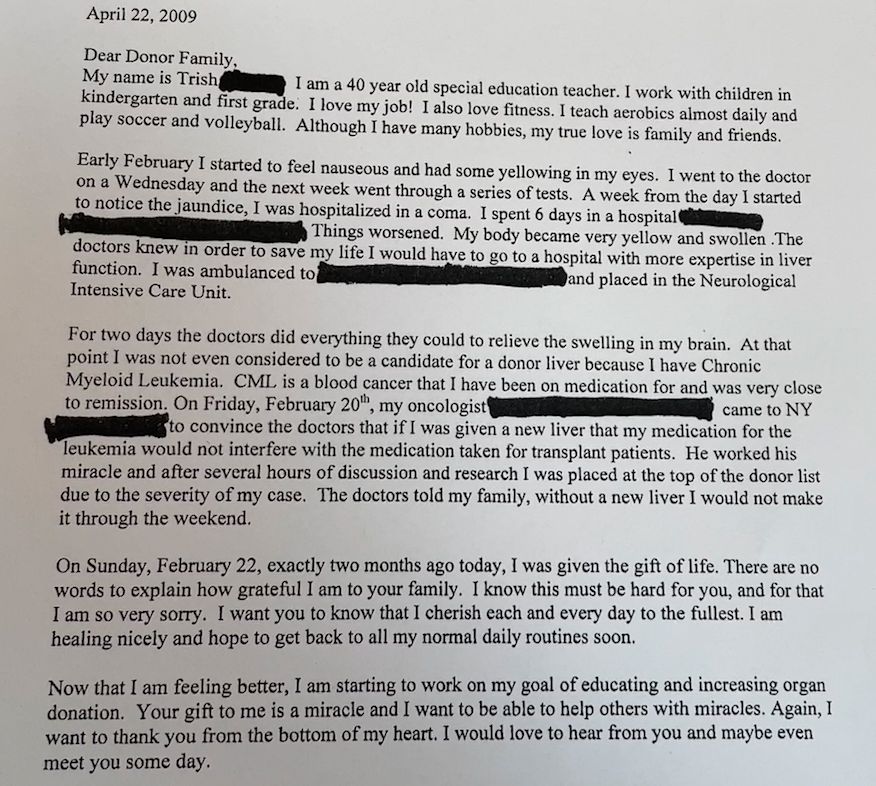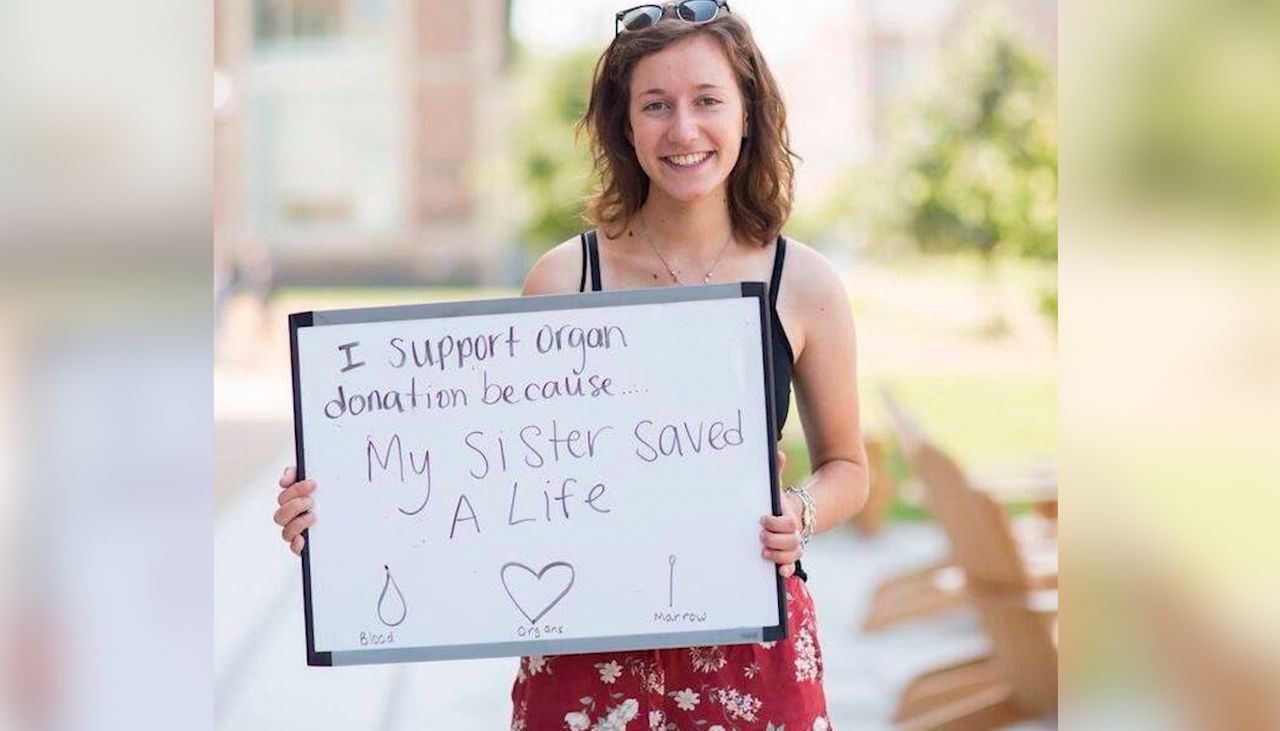BAYSIDE, Wis. — On the worst day of their lives, a Wisconsin family made the decision to help someone else. Now, they’re advocating for others to do the same.
Ron Miller and his wife Susan Angel Miller lost their daughter, Laura Miller, 14 years ago to a brain tumor.

“She just had a sparkle and a warm heart,” said Ron Miller.
Laura Miller was known for her caring heart and creative personality. Her parents said she had a dream of working for a fashion magazine.
“On Wednesday morning February 18, of 2009, now 14 years ago, she woke up several times and asked me why I had four eyes and had a seizure all within an hour,” said Susan Angel Miller.
Laura Miller was rushed to the hospital and after a CT scan, doctors located a mass on the back of her head.
“The headache became too painful and she stopped breathing,” said Susan Angel Miller. “We were in the room with her. They rushed her down for a small procedure. The surgeon said the procedure went well, but she wasn’t responding the way they’d like.”
Just a few days later, Laura Miller passed away. She was only 14-years-old.
Ron Miller, Susan Angel Miller and their other two daughters were unsure how the family would move forward. They were devastated.
While in the waiting room a woman from the Wisconsin Donor Network approached the Millers. She asked if they had considered donating Laura Miller’s organs, explaining that they could save many people’s lives.
At first, her parents said they were not sure what to do. It was their 12-year-old daughter, Sara Miller, who pushed for them to say, “yes.”
“We remember [her] so plainly saying to us, ‘Mom and Dad, why wouldn’t you donate Laura’s organs if they could save someone’s life?’” said Susan Angel Miller.
So they did.
Laura Miller’s organs saved a woman in upstate New York. Trish O’Neill was able to contact the donor family.
“Three months after Laura’s death, we received this anonymous letter — with all of the identifying information blacked — from this woman,” said Susan Angel Miller. “It was a thank-you letter that explained she was a special ed teacher. She was very ill and had been in a liver induced coma for 10 days and she was close to death.”

The Millers have been able to keep in touch with O’Neill ever since, and have even been able to meet in person a handful of times.
O’Neill said it was an honor that the Millers wanted to connect with her after losing their daughter.
“I knew the minute I was told that I had transplant I wanted to contact them,” said O’Neill. “I was also speaking with people at the hospital… It’s very rare not only to have a relationship but for people to contact each other back.”
Now, O’Neill said she’s focused on living a life she knows Laura Miller wouldn’t have taken for granted.
“I guess thanking them — in my eyes — is living the best life I could possibly live,” said O’Neill.
“To see something so positive that came out of it doesn’t get more profound,” said Ron Miller. “Trish didn’t have a day to live and to see that we saved her life is amazing.”

Not only is it a profound thank-you, it’s been healing for Laura Miller’s family, who has now dedicated themselves to being fierce organ donor advocates.
“It’s been really healing and our way we can bring up Laura’s name even after 14 years of Laura being gone,” said Susan Angel Miller. “To be able to give people a sense of inspiration and goosebumps that, with her generosity, she saved your life, and that’s incredible.”
The Millers and O’Neill said they all have a great relationship, so much so they’ve worked together in their advocacy.
Susan Angel Miller wrote a memoir about their story called “Permission to Thrive.” Meanwhile, Sara Miller has found her own way to keep advocating, just like she did in the hospital.
Sara Miller started a student organization in 2014 called Student Organ Donation Advocates, while attending college at Washington University in St. Louis. She studied healthcare management and psychology. Later on, a second chapter was founded at Marquette University, and a third at the University of Wisconsin-Madison. SODA now has more than 50 chapters across the country. The nonprofit can be found on high school, college and graduate school campuses.

National Donate Life month, which takes place each April, is dedicated to bringing awareness to organ and tissue donations. For more information on organ and tissue donation in Wisconsin, click here.



